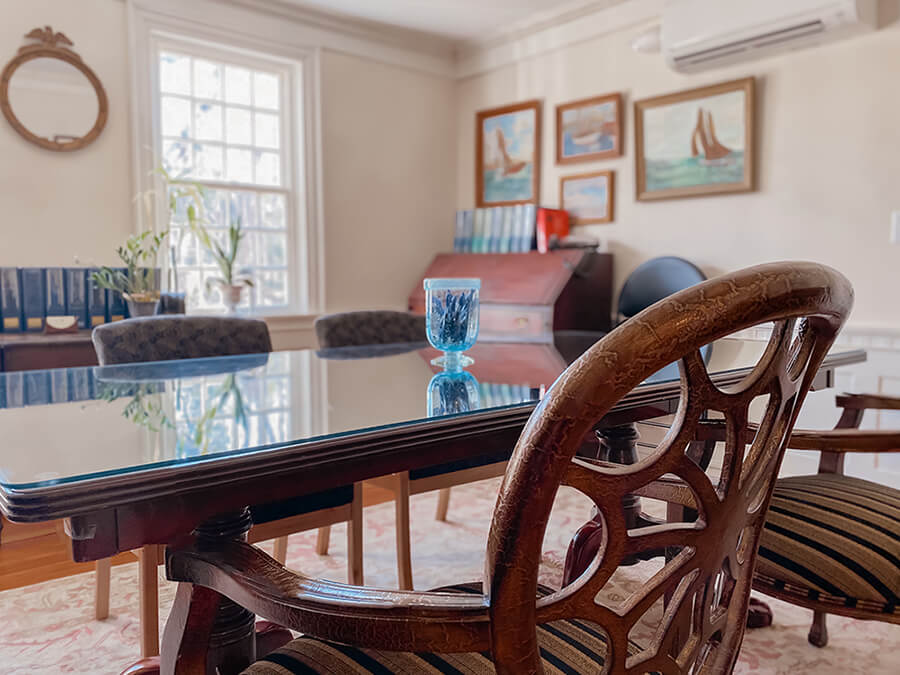Probate Process

The Probate Court in Massachusetts is the Court that makes certain determinations concerning the affairs of a deceased individual or individuals who are incapable of managing their own affairs or finances. In either case, the Court appoints a personal representative to act on behalf of the estate of the decedent or a guardian and/or conservator to act on behalf of an individual.
If an individual executed a Will during their lifetime and the value of the decedent’s individual property exceeds $25,000, the Will must be probated (or proved) to be effective and a personal representative must be appointed, usually, but not always, this is the person so named in the Will to distribute the property and pay any debts or taxes. If there is no Will, then the Court will appoint a personal representative to distribute the decedent’s estate according to the intestacy laws in Massachusetts, which specify who is entitled to receive a portion of the decedent’s estate.
While the Probate Court is currently dealing with the effects of the pandemic and associated delays, the probate process can still take up to a year or longer depending upon the type and value of estate assets and the interests of the various heirs and beneficiaries.
If a deceased individual leaves no real estate or the value of the estate’s assets does not exceed $25,000, any interested person can petition the Probate Court to act as a voluntary personal representative and conduct a voluntary estate administration. This is a simplified process that does not require a formal closure but is limited by the size of the estate.
Certain property is exempt from the probate process. Non-probate assets, such as joint accounts, and assets with designated beneficiaries, such as life insurance and retirement accounts, pass outside of the probate process and may not be subject to court administration. Non-probate assets automatically transfer to the named beneficiaries without Court approval.
Due to delays and the fact that probate is a public process, one of the best estate planning strategies is to leave beneficiaries non-probate assets or to create a lifetime trust, thereby allowing an individual's loved one’s access to the estate’s assets immediately after their death. Avoiding probate can be incredibly helpful for a surviving spouse who needs access to cash as soon as possible to pay for funeral and accumulated medical expenses. Additionally, a surviving spouse may need to sell the property soon after their spouse’s death, or they may need to sell some personal property to pay creditors. Some non-probate assets are protected from creditors, allowing the surviving beneficiaries a more generous amount of assets. Keep in mind that a beneficiary may need to pay taxes on non-probate assets they have received.